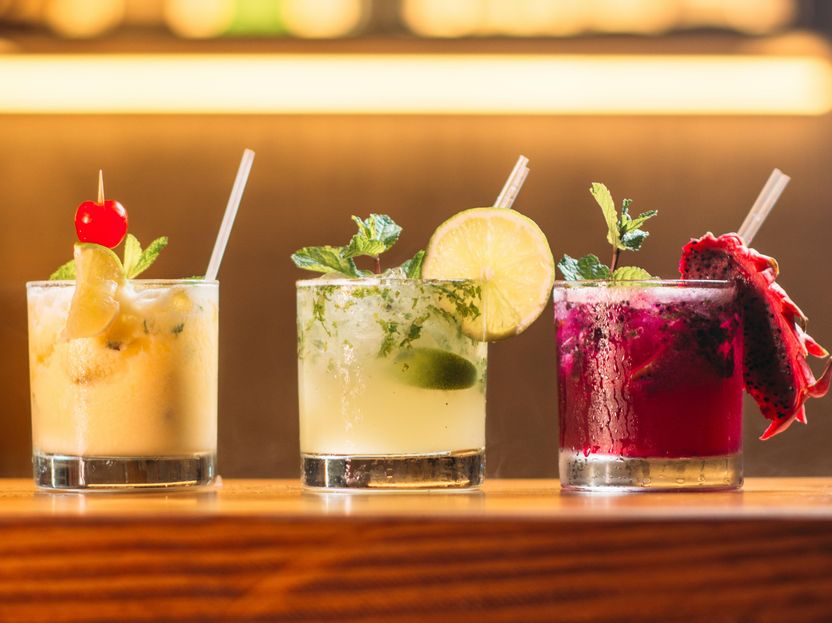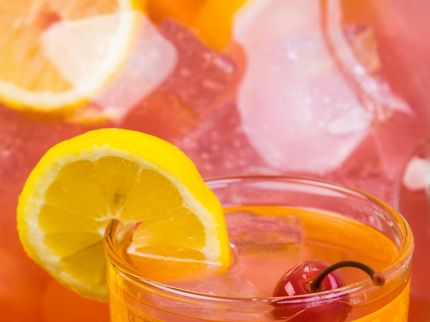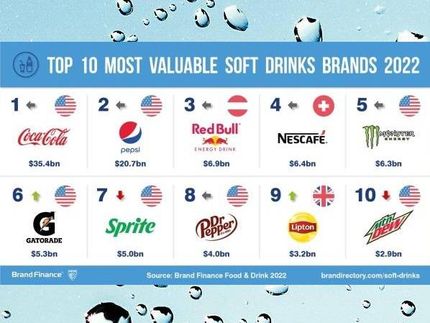Carbonated soft drinks and their ‘brain boost’ potential
The fizzy and thirst-quenching appeal of carbonated soft drinks can be irresistible for many, yet their functional health claims are underutilized. The success of Olipop, a prebiotic soda in the US, shows that a functional health claim can work in the carbonated soft drink category.

Photo by Kobby Mendez on Unsplash
Here, we explore how carbonated soft drinks can be made more innovative by including ingredients that promote mental focus and alertness.
Incorporate nootropics and adaptogens
‘Adaptogens’ (natural chemicals that help the body adjust to stress) is among the recently popular health and wellness buzzwords. Mintel’s 2021 Global Food and Drink Trend ‘Feed the Mind’ discusses the potential for brands to help consumers manage their cognitive and emotional wellbeing. In Asia Pacific, nearly one-third of Indian consumers and two-thirds of Thai consumers are interested in brain-healthy drinks.
Carbonated soft drinks can innovate with ingredients to address consumers’ need for a brain boost. In addition to adaptogens, nootropics are substances or supplements which can improve cognitive function. Products with these ingredients have the potential to go more mainstream by using the right combination of benefits, consumer education, proven efficacy, and good taste.
US-based soda start-up Perfy is one example of a brand that has launched a soda made with real fruit, adaptogens, and nootropics to help consumers stay calm, focused, and balanced. The key ingredient is L-theanine, a naturally occurring amino acid found in tea and some mushrooms that are known to provide such soothing benefits on mood and cognition.
Improve consumers’ in-game focus
Carbonated soft drinks may appeal to gamers who seek functional beverages to help them focus during gaming sessions. Currently, the majority of gaming-focused functional beverages are found in the energy drink category, with nearly one-fifth of energy drink consumers in the US saying that they drink them while playing video games, whereas one out of eight soda drinkers in the US consumes soda while doing the same activity.
Meanwhile, sales of energy drinks to children under 16 in the UK are prohibited. As a non-energy drink option, the opportunity exists for brands to position the benefits of functional carbonated soft drinks on mental focus and target younger consumers.
In addition to claims for enhancing gaming skills, carbonated soft drinks can be useful for daily tasks that gamers perform such as studying or working. Nearly half of Chinese consumers over the age of 18 consume non-diet carbonated soft drinks while at school or work. Gaming performance carbonated soft drinks can incorporate other product features including ingredients that promote eye health in addition to focus and brain health.
What Mintel thinks
Between December 2017 and November 2021, global launches of carbonated soft drinks with functional brain and nervous system claims have grown from a small base to account for less than 1% of all carbonated soft drink launches. While this is still a niche category, brands can start embracing brain-boosting claims. By positioning it as a ‘better-for-you beverage’ choice with proven scientific potential, brands can stay relevant and recruit new consumers – across different age groups – who want functional health benefits in their staple carbonated soft drinks.

































































